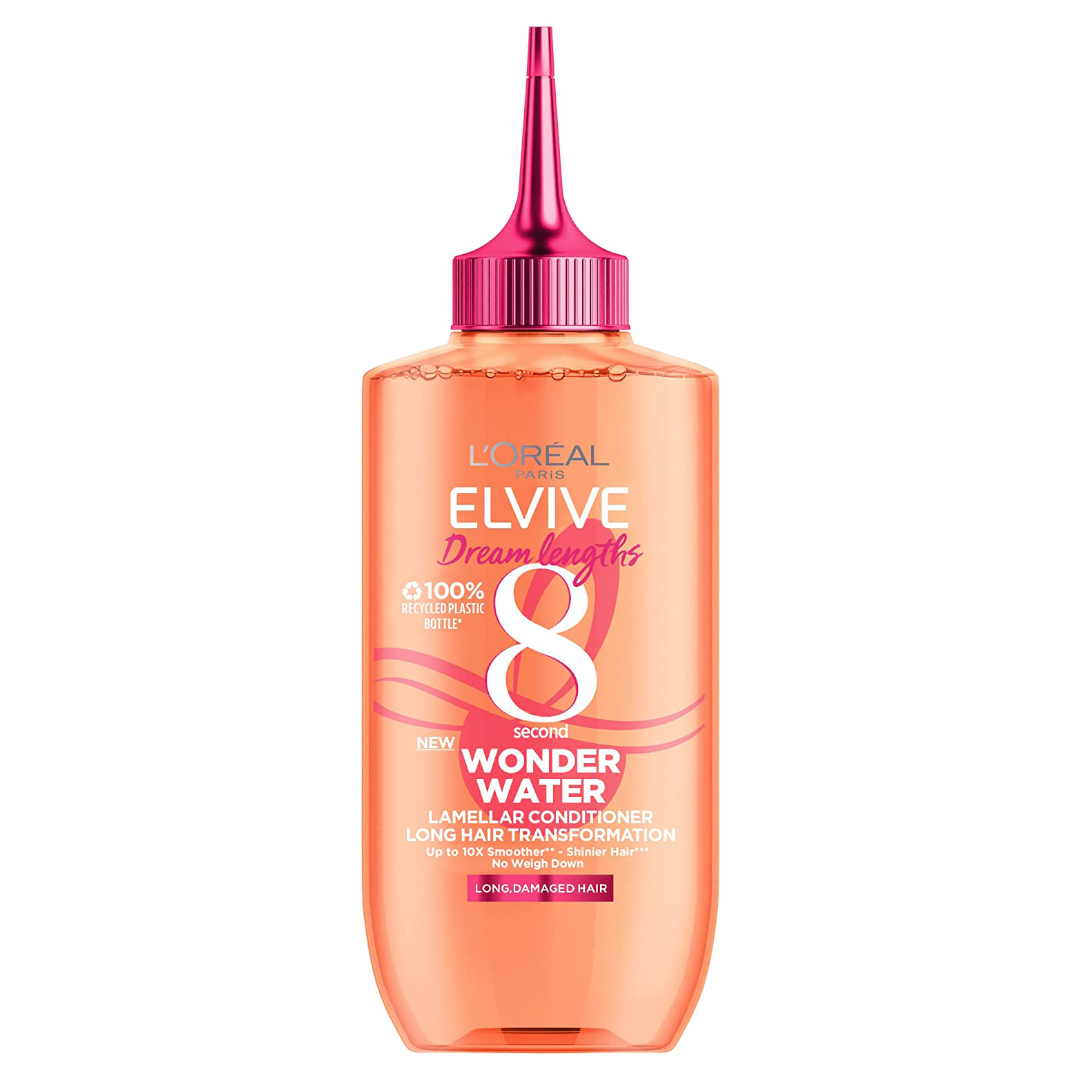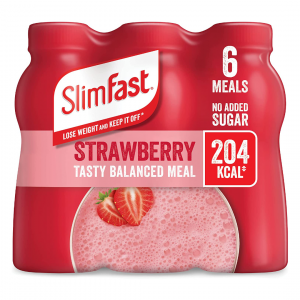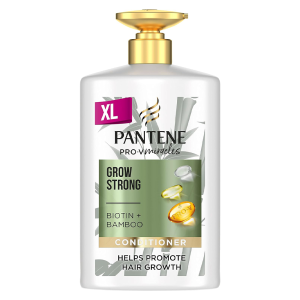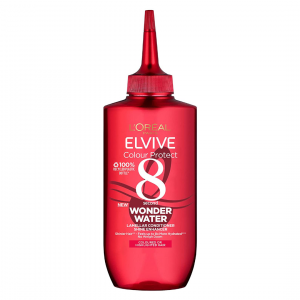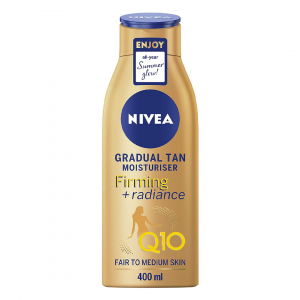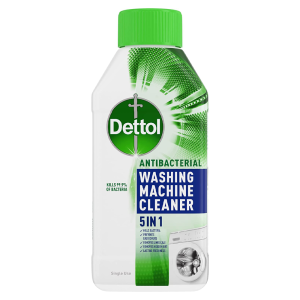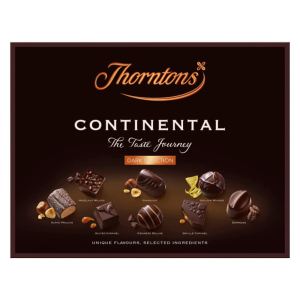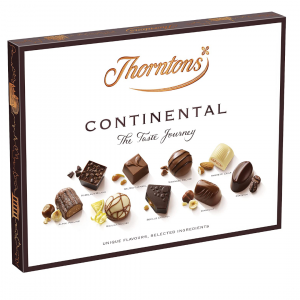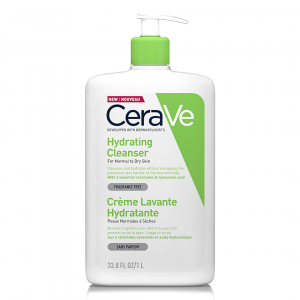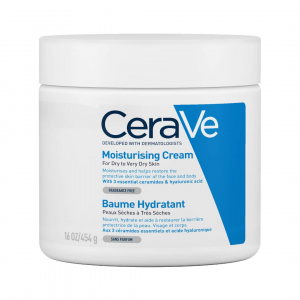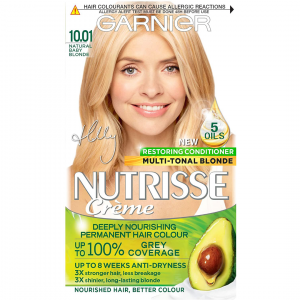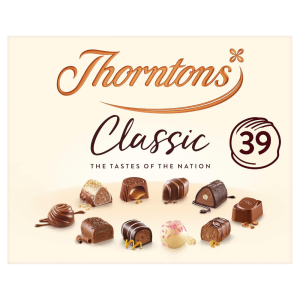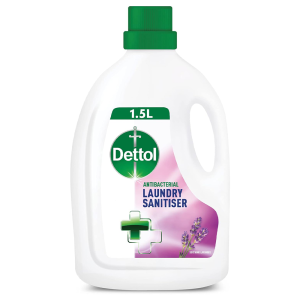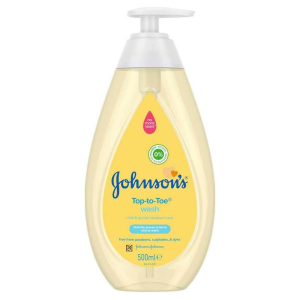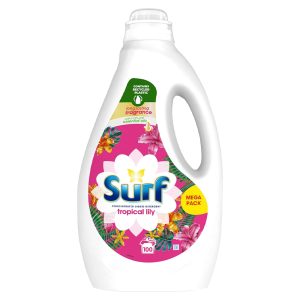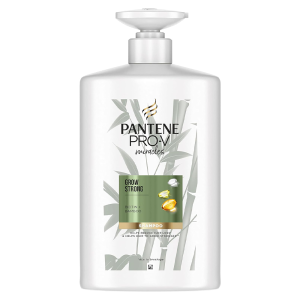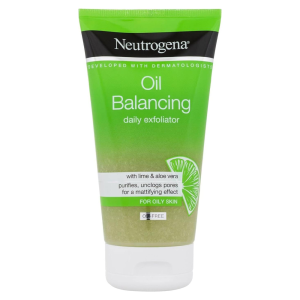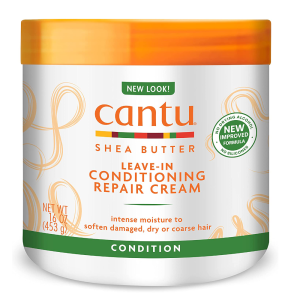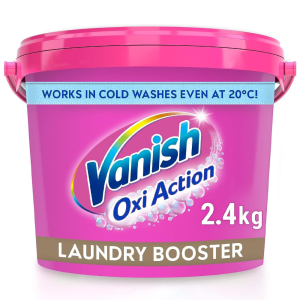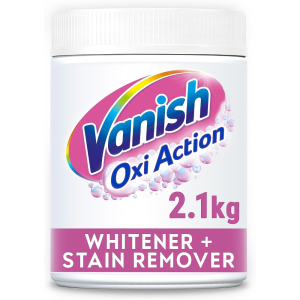Elevating your hair care routine can help you achieve healthier, shinier, and more manageable hair.
Here are some tips to improve your hair care routine:
- Identify Your Hair Type: Start by understanding your hair type (straight, curly, wavy, or oily) and its specific needs. Different hair types require different care.
- Use Quality Products: Invest in high-quality shampoos, conditioners, and styling products that are suitable for your hair type. Look for products that are sulfate and paraben-free.
- Shampoo Wisely: Avoid over-shampooing, as it can strip your hair of natural oils. Wash your hair every 2-3 days, or as needed. Use a sulfate-free shampoo.
- Condition Regularly: Use a good conditioner after every shampoo to hydrate and nourish your hair. Leave-in conditioners can also provide extra moisture.
- Deep Conditioning: Consider using a deep conditioner or hair mask once a week to provide intensive hydration and repair.
- Avoid Hot Water: Rinse your hair with lukewarm or cool water instead of hot water, as hot water can strip your hair of its natural oils.
- Protect Your Hair from Heat: If you use heat styling tools, like straighteners or curling irons, apply a heat protectant spray first. Limit the use of these tools to prevent heat damage.
- Trim Regularly: Get your hair trimmed every 6-8 weeks to prevent split ends and promote healthy growth.
- Diet and Nutrition: A balanced diet rich in vitamins and minerals, particularly biotin, can contribute to healthy hair growth. Consider taking supplements if needed.
- Hydrate and Stay Hydrated: Drink plenty of water to keep your hair and scalp hydrated from within.
- Gentle Hair Handling: Be gentle when handling wet hair, as it’s more prone to damage. Use a wide-toothed comb to detangle and pat your hair dry with a soft towel instead of rubbing it vigorously.
- Scalp Care: A healthy scalp is crucial for healthy hair. Consider using a scalp scrub or massaging your scalp to improve circulation and promote hair growth.
- Protect Your Hair from the Sun: UV rays can damage your hair, just as they can damage your skin. Use products with UV protection or wear a hat to shield your hair from the sun.
- Avoid Over-Styling: Limit the use of hair ties and braids that pull on your hair, as well as chemical treatments like perms or coloring, which can weaken hair.
- Stress Management: High stress levels can negatively affect your hair. Practice stress-reduction techniques, like meditation or yoga.
- Sleep on Silk: Silk pillowcases can reduce hair breakage and prevent frizz by reducing friction between your hair and the pillowcase.
- Know When to Seek Professional Help: If you have persistent hair issues, consult a dermatologist or a professional hair stylist for guidance.
Remember that consistency is key when it comes to improving your hair care routine. It may take time to see noticeable results, so be patient and stick to your routine.
What should be my hair care routine?
1. Shampooing:
- Frequency: Shampoo your hair 2-3 times a week or as needed. You can adjust the frequency based on your hair type and lifestyle.
- Use a sulfate-free shampoo that suits your hair type.
2. Conditioning:
- After shampooing, apply a conditioner to the lengths and ends of your hair.
- Consider using a deep conditioner or hair mask once a week for added moisture and repair.
3. Detangling:
- Use a wide-toothed comb to gently detangle your hair, starting from the tips and working your way up to the roots.
4. Styling Products:
- Apply any styling products you prefer (e.g., leave-in conditioners, serums, heat protectants) to protect and style your hair.
5. Heat Styling (if necessary):
- If you use heat styling tools (such as straighteners, curling irons, or hairdryers), apply a heat protectant before using them. Limit the use of heat styling to prevent damage.
6. Haircuts:
- Get regular haircuts (about every 6-8 weeks) to trim split ends and maintain healthy hair.
7. Scalp Care:
- Massage your scalp occasionally to improve circulation and promote hair growth.
- Consider using a scalp scrub or exfoliant to remove buildup.
8. Diet and Nutrition:
- Maintain a balanced diet with nutrients like biotin, vitamins, and minerals to support hair health.
9. Hydration:
- Drink enough water to keep your hair and scalp hydrated from within.
10. Protect from Sun and Environmental Damage:
- Use UV protection products or wear a hat to shield your hair from the sun.
- Protect your hair from harsh environmental conditions, like wind and pollution.
11. Gentle Handling:
- Be gentle when handling wet hair to prevent breakage and damage. Pat your hair dry with a soft towel instead of rubbing it vigorously.
12. Stress Management:
- Manage stress through relaxation techniques like meditation or yoga, as high stress levels can affect your hair.
13. Silk Pillowcase:
- Consider using a silk pillowcase to reduce friction and minimise hair breakage while you sleep.
Remember to customise your routine to your hair type and specific concerns. If you have unique hair issues or goals, consult with a professional stylist or a dermatologist for personalized advice. Be patient and consistent in your routine, as it may take time to see significant improvements in your hair’s health and appearance.
How can I elevate my hair?
To elevate your hair and achieve healthier, shinier, and more glamorous locks, consider the following tips and tricks:
- Proper Hair Care Routine: Follow a well-structured hair care routine tailored to your hair type. This includes using the right products, washing and conditioning as needed, and adopting good hair care practices.
- Quality Products: Invest in high-quality hair care products suitable for your hair type and specific concerns. Look for sulfate-free shampoos, conditioners, and styling products.
- Professional Haircut and Styling: Regularly visit a professional hairstylist who can provide expert haircuts, styling, and treatments that suit your face shape and hair type. A well-styled haircut can elevate your look significantly.
- Hair Treatments: Consider salon treatments such as deep conditioning, hair gloss, or keratin treatments to improve the health and appearance of your hair.
- Color and Highlights: If you’re interested in hair color, consult a professional colorist for the best options that complement your skin tone. Well-placed highlights or lowlights can add dimension and elevate your overall look.
- Heat Styling Tools: Use heat styling tools like straighteners, curling irons, and blow dryers judiciously. Apply a heat protectant before using these tools to prevent heat damage.
- Hair Extensions: If you desire added length or volume, explore high-quality hair extensions. Ensure they are professionally installed to achieve a natural look.
- Scalp Health: Maintain a healthy scalp through regular exfoliation, massage, and using products designed to promote scalp health. A healthy scalp is the foundation of healthy hair.
- Hair Masks and Deep Conditioning: Incorporate regular deep conditioning or hair mask treatments to provide your hair with added moisture, repair, and shine.
- Protect from Environmental Damage: Shield your hair from environmental stressors such as sun, wind, and pollution. Use UV protection products and wear a hat in the sun.
- Nutrition and Hydration: A balanced diet with adequate hydration contributes to hair health. Incorporate foods rich in essential nutrients like biotin, vitamins, and minerals.
- Stress Management: Manage stress effectively, as high stress levels can negatively affect your hair. Engage in stress-reduction techniques like meditation, yoga, or exercise.
- Silk Pillowcase: Sleeping on a silk pillowcase can reduce friction, minimize hair breakage, and help maintain your style.
- Experiment with Hairstyles: Don’t be afraid to try different hairstyles and looks. Experimenting with braids, updos, curls, and waves can add variety to your hair routine.
- Confidence and Attitude: Confidence can elevate any look. Feel good about your hair and embrace your unique style.
- Consult a Professional: If you have specific hair concerns or are looking for a dramatic change, consult with a professional stylist or colorist who can offer tailored advice and recommendations.
Remember that hair care and style are personal choices, so your definition of “elevated” may differ from someone else’s. The key is to find a routine and style that makes you feel confident and comfortable. It’s also important to be patient, as achieving certain looks and hair goals may take time.
What is best routine for hair growth?
A consistent and well-rounded hair care routine can help promote healthy hair growth.
Here’s a guideline for a routine that encourages hair growth:
1. Scalp Massage:
- Gently massage your scalp with your fingertips for a few minutes each day. This increases blood circulation to the hair follicles, promoting hair growth.
2. Proper Nutrition:
- Eat a balanced diet rich in nutrients like biotin, vitamins (particularly B vitamins), and minerals (iron and zinc) that support hair health and growth.
3. Hydration:
- Stay well-hydrated by drinking enough water. Dehydration can negatively impact hair growth.
4. Hair Cleansing:
- Use a sulfate-free shampoo to cleanse your hair 2-3 times a week or as needed. Keeping your scalp clean is essential for a healthy environment for hair growth.
5. Conditioner:
- Apply conditioner to the lengths and ends of your hair after shampooing to keep it moisturized and prevent breakage.
6. Deep Conditioning:
- Use a deep conditioner or hair mask once a week to provide intense hydration and repair to your hair.
7. Avoid Over-Styling:
- Limit the use of heat styling tools (straighteners, curling irons, hairdryers) and harsh styling products that can damage your hair.
8. Haircuts:
- Regularly trim your hair (about every 6-8 weeks) to get rid of split ends and maintain healthy hair.
9. Protect from Environmental Damage:
- Shield your hair from the sun, wind, and pollution. Use products with UV protection and consider wearing a hat.
10. Stress Management:
- Practice stress-reduction techniques like meditation, yoga, or deep breathing exercises, as high stress levels can hinder hair growth.
11. Hair Supplements:
- Consult a healthcare professional before taking supplements, but biotin and other hair-specific supplements may be beneficial if you have nutrient deficiencies.
12. Avoid Tight Hairstyles:
- Avoid styles that put excessive tension on your hair, such as tight ponytails or braids, as they can cause hair breakage and hair loss.
13. Silk Pillowcase:
- Sleeping on a silk pillowcase can reduce friction, minimise hair breakage, and maintain your hair’s health.
14. Patience:
- Remember that hair growth takes time. Be patient and consistent with your routine, and it may take several months to notice significant growth.
If you’re experiencing unusual hair loss or slow growth, it’s advisable to consult a dermatologist or healthcare professional to rule out any underlying health issues. They can provide personalised advice and treatment options to address your specific concerns.
What is best Shampoo for hair growth?
Shampoo alone is not a miracle solution for hair growth, but choosing the right shampoo can help create a healthy environment for your hair to grow. Look for shampoos that are designed to strengthen and nourish your hair, as well as promote a healthy scalp.
- Biotin Shampoos: Biotin is a B-vitamin that is often associated with hair and nail health. Shampoos containing biotin can help strengthen hair and improve its overall condition.
- Caffeine Shampoos: Caffeine can stimulate blood flow to the scalp and may promote hair growth. Look for shampoos that contain caffeine for this potential benefit.
- Ketoconazole Shampoos: Ketoconazole is an antifungal agent found in some dandruff shampoos. It may also have a positive effect on hair growth by reducing inflammation and improving scalp health.
- DHT-Blocking Shampoos: Dihydrotestosterone (DHT) is a hormone linked to hair loss. Some shampoos contain ingredients like ketoconazole, saw palmetto, or pumpkin seed oil that can help reduce DHT levels and support hair growth.
- Niacin Shampoos: Niacin, also known as vitamin B3, can improve blood circulation to the scalp, potentially promoting hair growth.
- Moisturizing and Strengthening Shampoos: Look for shampoos with ingredients like argan oil, keratin, or collagen that can improve hair strength and prevent breakage, which can contribute to healthier-looking hair.
- Sulfate-Free Shampoos: Sulfates can be harsh on the hair and scalp, potentially leading to dryness and damage. Using a sulfate-free shampoo can help maintain a healthy scalp environment.
- Natural and Organic Shampoos: Some people prefer natural and organic shampoos that are free from synthetic chemicals and fragrances. Ingredients like aloe vera, coconut oil, and essential oils can be beneficial for hair health.
- Scalp Health Shampoos: A healthy scalp is essential for promoting hair growth. Shampoos that focus on maintaining a balanced pH and providing scalp nourishment can be beneficial.
Keep in mind that hair growth results can vary from person to person, and the effectiveness of a shampoo may depend on the underlying causes of your hair concerns. It’s essential to have realistic expectations and consider that a holistic approach to hair health, which includes a proper diet, stress management, and a good hair care routine, is crucial for promoting hair growth. Additionally, consulting a healthcare professional or dermatologist for personalised advice and treatment options is recommended if you have severe hair loss or growth concerns.
D-NMart


